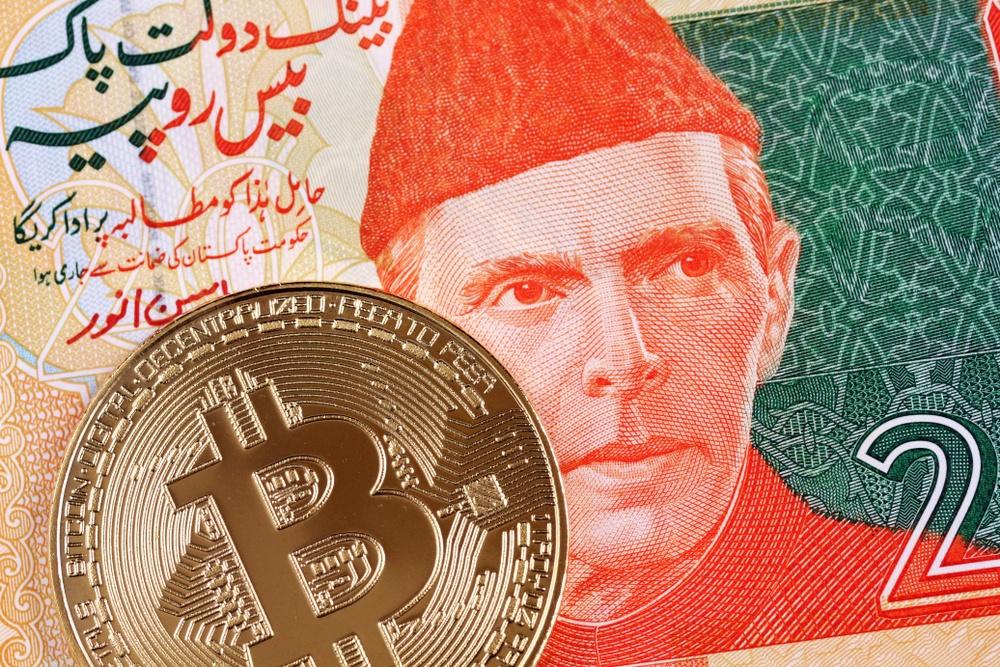Pakistan Regulates Cryptocurrency to Prevent ‘Terrorism Financing’

Pakistan is introducing new regulations to govern the cryptocurrency sector with immediate effect | Source:
Pakistan has announced plans to regulate cryptocurrencies in accordance with recommendations of the Financial Action Task Force (FATF). The regulations will be introduced immediately.
Pakistan embraces digital currencies reluctantly
Pakistan had previously taken a hard stance against cryptocurrencies, with the country’s central bank warning banks and other financial services providers against offering services that supported virtual currency transactions.
In April last year, the State Bank of Pakistan (SBP) tweeted a reminder to the general public that it oversees and regulates domestic and international payment and money transfer services. The “Caution Regarding Risks of Virtual Currencies” tweet suggested a tough stance against the use of digital currencies:
But with the FATF recommending regulation and oversight of digital assets to counter terrorism financing, tax evasion, and money laundering, Pakistan was left with little choice but to accept the use of cryptocurrencies within its borders so it could monitor the flow of digital funds.
EMIs regulations deployed to monitor cryptocurrency use
The SBP will introduce the Electronic Money Institutions regulations to oversee cryptocurrencies. According to sources close to discussions:
“These regulations will help combating money laundering and terrorism financing while it will also help regulation of digital currency throughout the country.”
Pakistan has been given the nod of approval by FATF for its efforts to combat terrorism financing and money laundering. Previously, Pakistan was on the FATF’s grey list, meaning its laws to combat terrorism financing and money laundering were “deficient”.
The FATF’s report into cryptocurrencies warned that the:
“… characteristics of virtual currencies, coupled with their global reach, present potential AML/CFT risks, such as the anonymity provided by the trade in virtual currencies on the internet, the limited identification and verification of participants, the lack of clarity regarding the responsibility for AML/CFT compliance, supervision and enforcement for these transactions that are segmented across several countries, [and] the lack of a central oversight body.”
Crypto comes in from out of the cold
Bringing cryptocurrencies into the same regulatory sphere as traditional electronic money transfer methods requires the Pakistani government to accept the legitimacy of non-state issued digital currencies.
EMIs will be required to comply with regulations in order to receive and maintain their licenses. With the FATF specifically identifying crypto as a terrorism financing and money laundering risk, Pakistani officials keen to comply with FATF recommendations had little choice but to incorporate crypto regulations into their orbit.
The new regulations will be introduced in a ceremony today at the Islamabad office of the State Bank of Pakistan, with the attendance of the Federal Minister for Finance Asad Umar, SBP governor Tariq Bajwa, and finance secretary Yonus Dhaga.